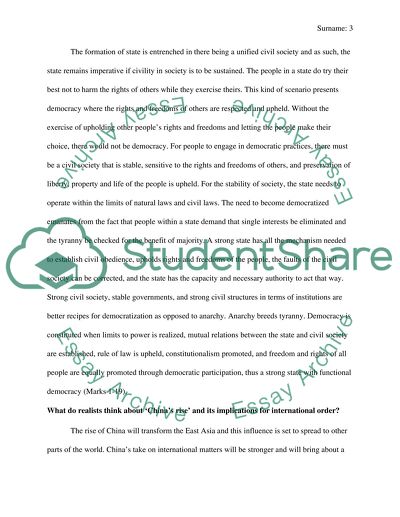Cite this document
(“International Relations Theory Assignment Example | Topics and Well Written Essays - 3000 words”, n.d.)
Retrieved de https://studentshare.org/history/1392384-international-relations-theory
Retrieved de https://studentshare.org/history/1392384-international-relations-theory
(International Relations Theory Assignment Example | Topics and Well Written Essays - 3000 Words)
https://studentshare.org/history/1392384-international-relations-theory.
https://studentshare.org/history/1392384-international-relations-theory.
“International Relations Theory Assignment Example | Topics and Well Written Essays - 3000 Words”, n.d. https://studentshare.org/history/1392384-international-relations-theory.


